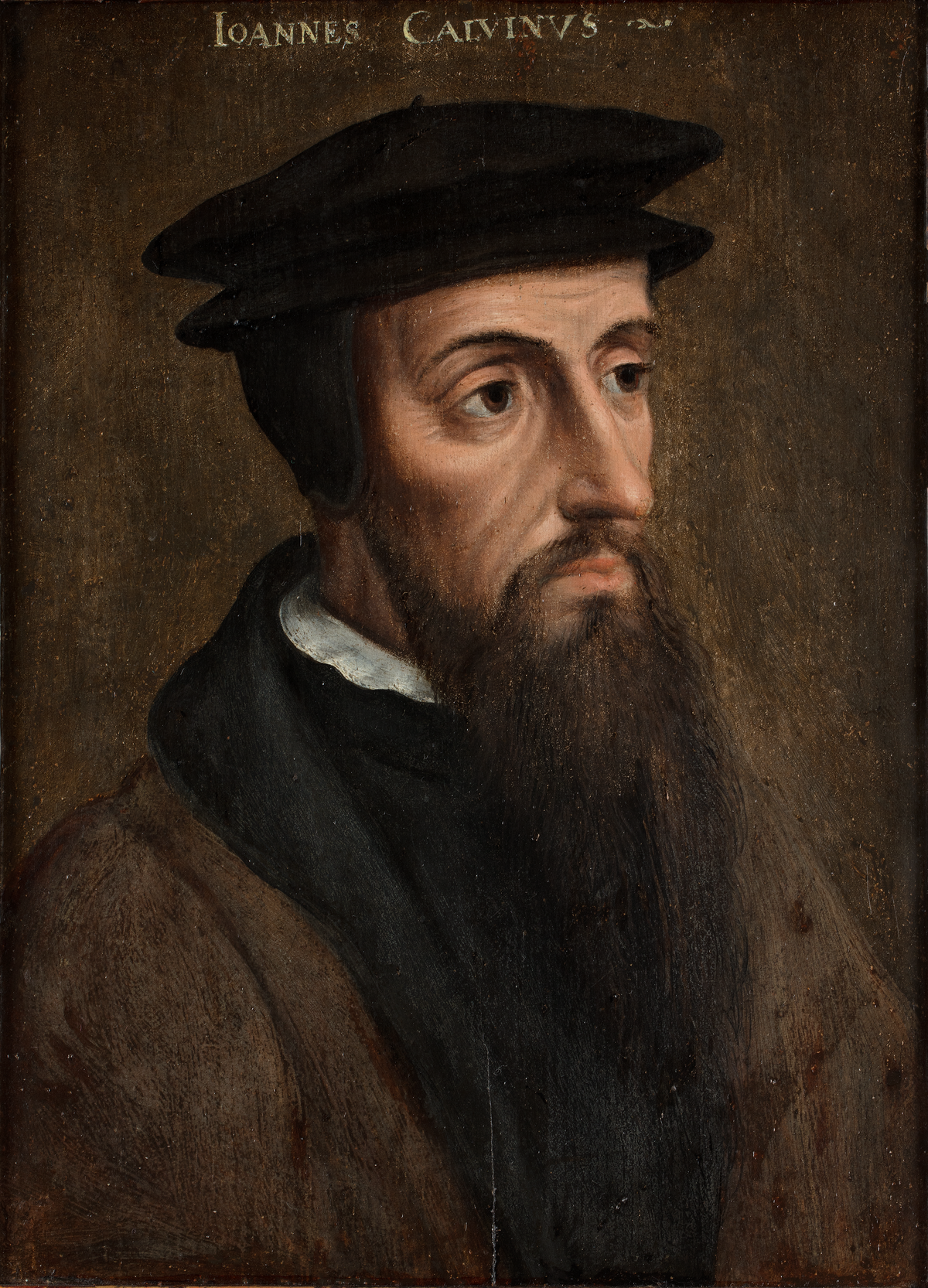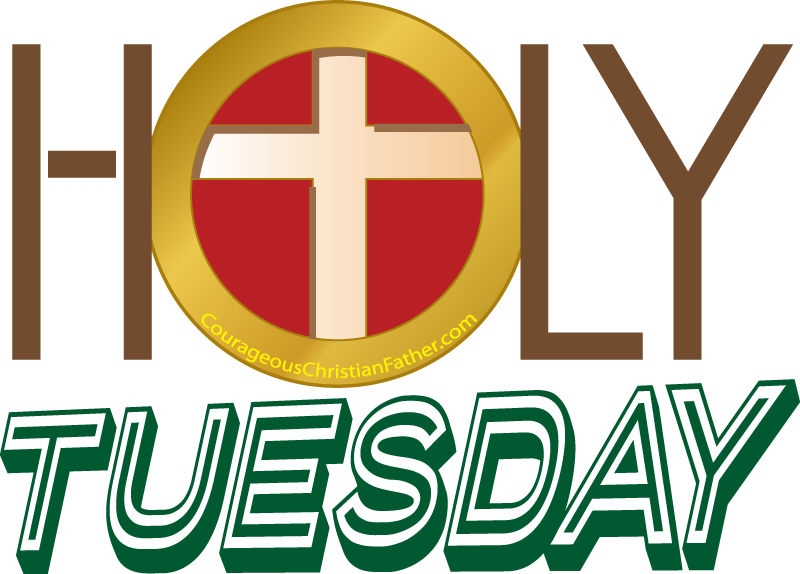John Calvin (1509-1564) was a French theologian and pastor who became one of the most influential figures in the development of Protestant Christianity. He was a key figure in the Protestant Reformation and is most well-known for his doctrine of predestination and his emphasis on the sovereignty of God. #JohnCalvin
Who was John Calvin

Calvin was born in Noyon, France and was educated in law and theology. He converted to Protestantism in the early 1530s and became a leader in the Reformation movement in Switzerland. In 1536, he published his seminal work, “Institutes of the Christian Religion,” which became a foundational text for Protestant theology.
Calvin’s teachings emphasized the idea that God is in control of all things and that salvation is predetermined by God’s grace. He believed in the absolute sovereignty of God and the total depravity of humanity, meaning that people are inherently sinful and can only be saved through God’s grace.
Calvin’s theology had a profound impact on the development of Protestantism, and his ideas were influential in the establishment of the Presbyterian, Congregational, and Reformed churches. Today, Calvinism remains a significant theological tradition within Protestantism.
John Calvin’s teachings had a significant impact on the religious and political landscape of Europe during the Reformation era. His emphasis on the sovereignty of God challenged the traditional Catholic belief in the authority of the Church and the Pope, and his teachings on predestination sparked intense debates within the Protestant community.
Calvin also played an important role in the establishment of the city of Geneva as a center of Reformed Protestantism. He was invited to the city in 1536 to help reform its religious practices, and he worked to create a system of church government and discipline that would ensure the moral and spiritual purity of the community.
In addition to his theological writings, Calvin was also a prolific commentator on the Bible, producing detailed expositions of almost every book of the Old and New Testaments. His commentaries remain widely read and respected by Christians of many different denominations.
Calvin’s influence extended beyond theology and into politics and society. He believed that government should be based on the principles of justice and righteousness, and that rulers should be held accountable to God for their actions. His teachings on the role of the Christian in society helped to shape the development of modern Western democracy and the concept of the separation of church and state.
Although John Calvin’s teachings had a significant impact on the development of Protestantism, particularly the Reformed tradition, there is no direct historical connection between Calvinism and the Baptist movement. In fact, there were significant theological differences between Calvin’s teachings and the beliefs of early Baptists.
One of the key differences between Calvinism and early Baptist theology was their views on infant baptism. Calvin and other Reformed theologians believed in the practice of infant baptism, which was seen as a sign of the covenant between God and the believer’s family. Baptists, on the other hand, rejected infant baptism and believed that baptism should only be administered to those who had made a personal profession of faith in Jesus Christ.
Another area of disagreement was the concept of predestination. While both Calvinists and Baptists believed in the doctrine of predestination, Calvinists emphasized God’s sovereignty in salvation and saw predestination as an absolute, unchangeable decree of God. Baptists, on the other hand, placed greater emphasis on human responsibility and free will in the salvation process.
Despite these differences, there were some early Baptists who were influenced by Calvinist theology, particularly in the area of soteriology (the study of salvation). Some of these Baptists adopted a modified form of Calvinism, known as “Particular Baptist” theology, which emphasized the idea of “limited atonement” – the belief that Jesus died only for those who would be saved.
There are Baptist churches and denominations that hold to various forms of Calvinist theology, including Reformed Baptists, Sovereign Grace Baptists, and others. However, the Baptist tradition as a whole is not considered to be a direct outgrowth of Calvinism, and there have been significant theological differences between the two throughout history.
Today, Calvinism remains a significant theological tradition within Protestantism, with adherents all over the world. Calvin’s influence on Western thought and culture is still felt today, particularly in the areas of theology, philosophy, politics, and ethics.
Check out Courageous Christian Father’s Wish list on Amazon where you can purchase and this items sent directly to him and they will be used for the ministry.
Subscribe To Courageous Christian Father!
Don’t miss any blog posts! Subscribe today! You can subscribe via WordPress or by entering your email! Thank you!
Follow Courageous Christian Father on WordPress.comFollow Courageous Christian Father on Social Media
Recent Posts:
Below are some examples of blog entries from all the blogs that I do. (Courageous Christian Father, Steve Sews Stuff, SteveZ DuckZ, and SteveZ DesignZ).
Thank You For Reading Courageous Christian Father!
Thank you for reading. Please feel free to share and like this blog post.
Clipart: Unsplash, Pixabay, Pexels, Openverse, Adobe Express, Adobe Stock, FreePik, MetroCreative, and more. This site uses Amazon Affiliate Ads & Google Ads.
About the Author
Discover more from Courageous Christian Father
Subscribe to get the latest posts sent to your email.


